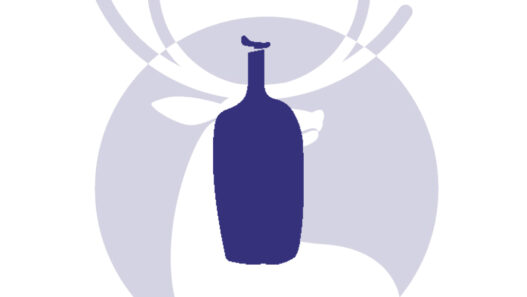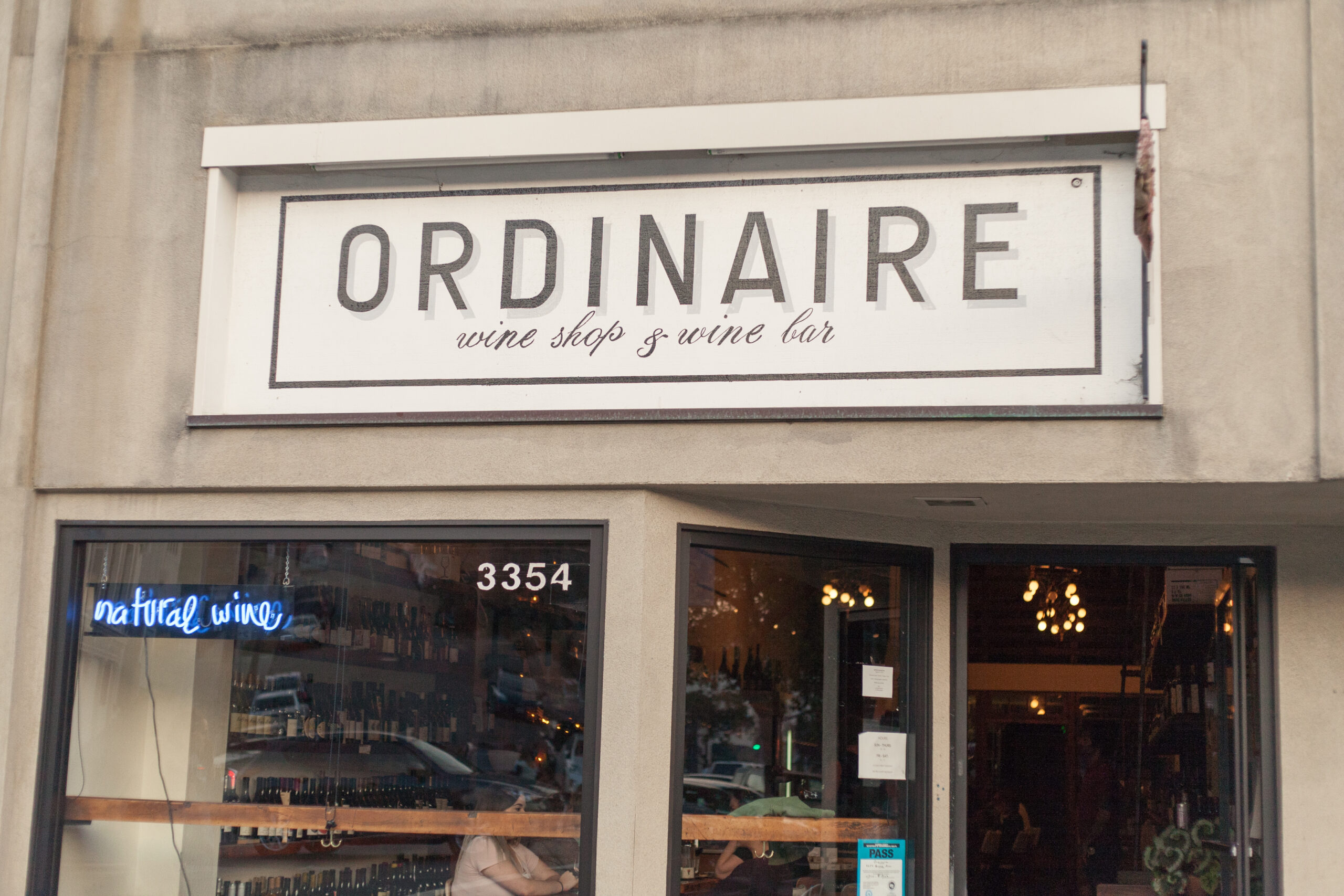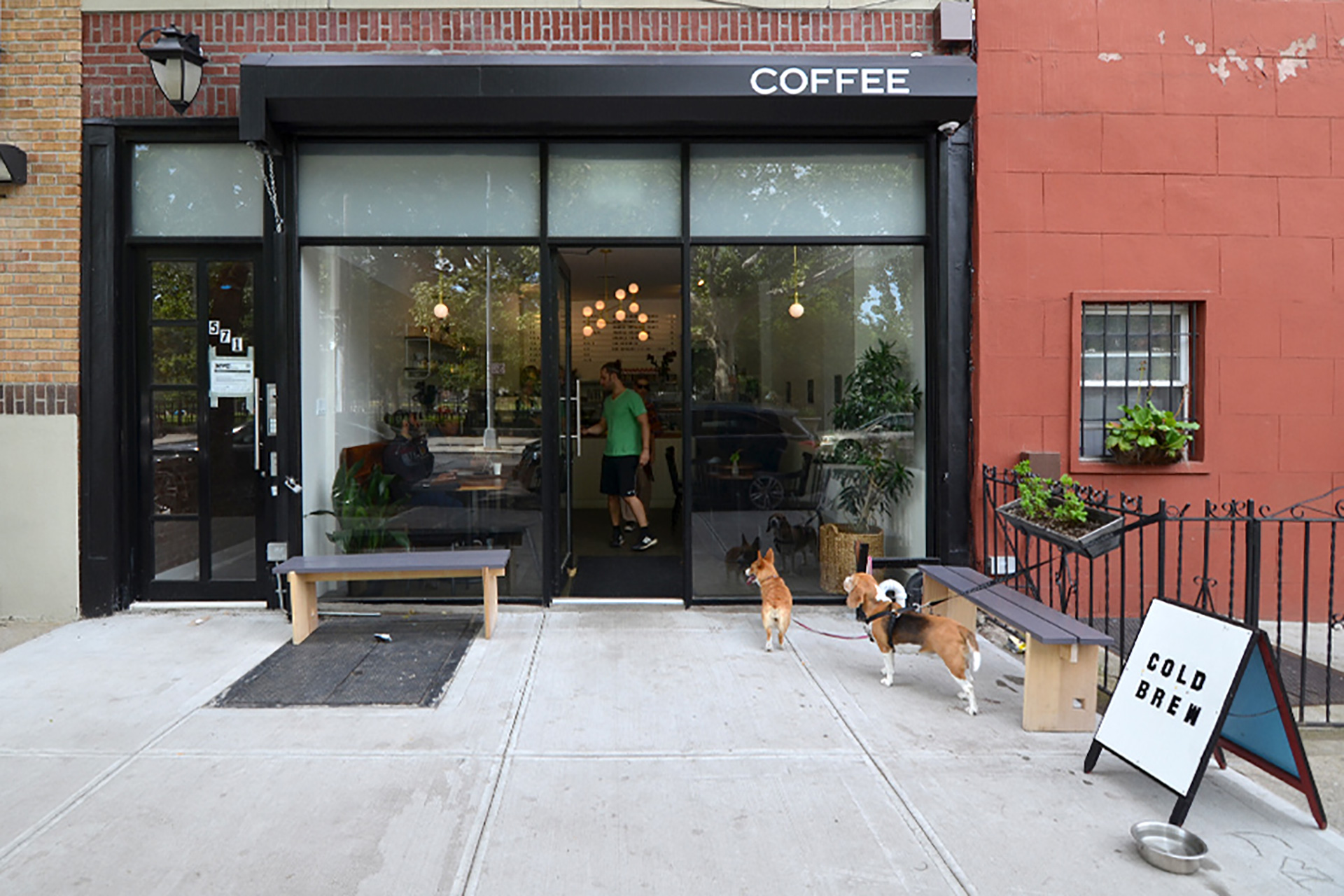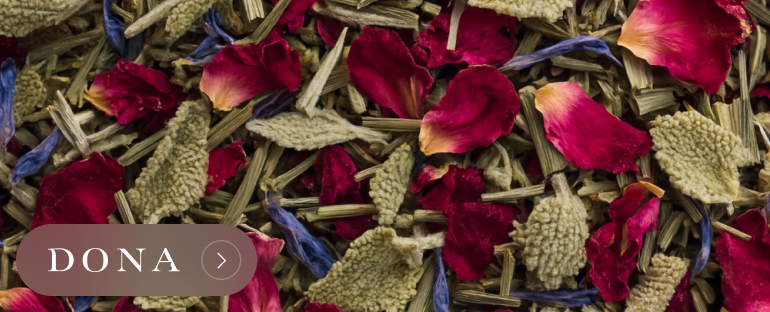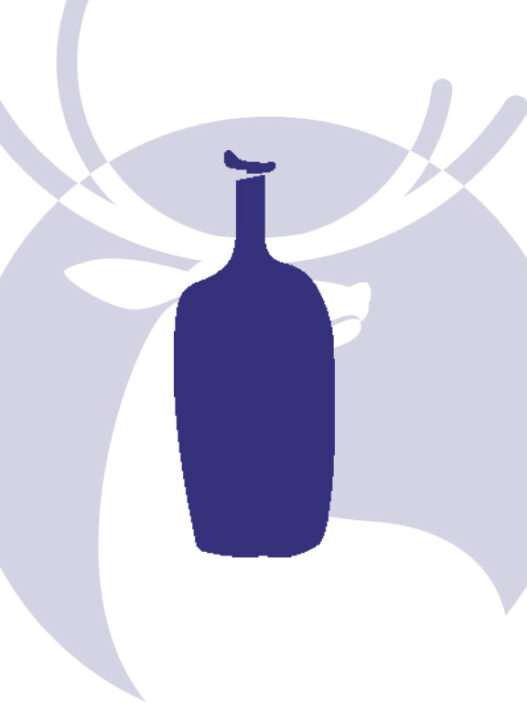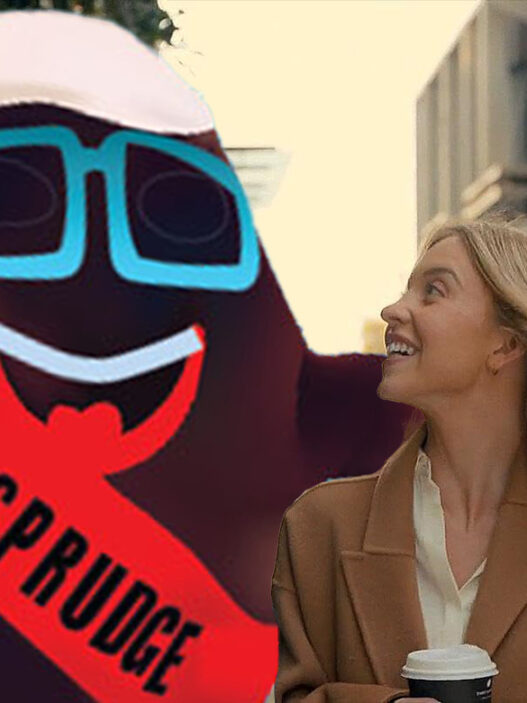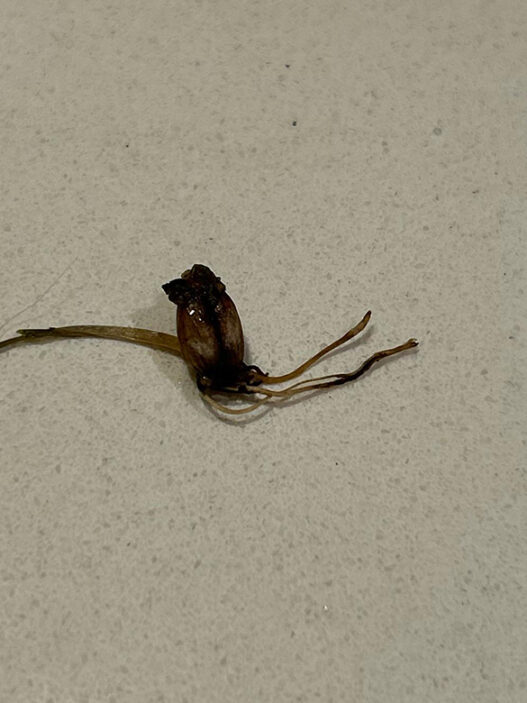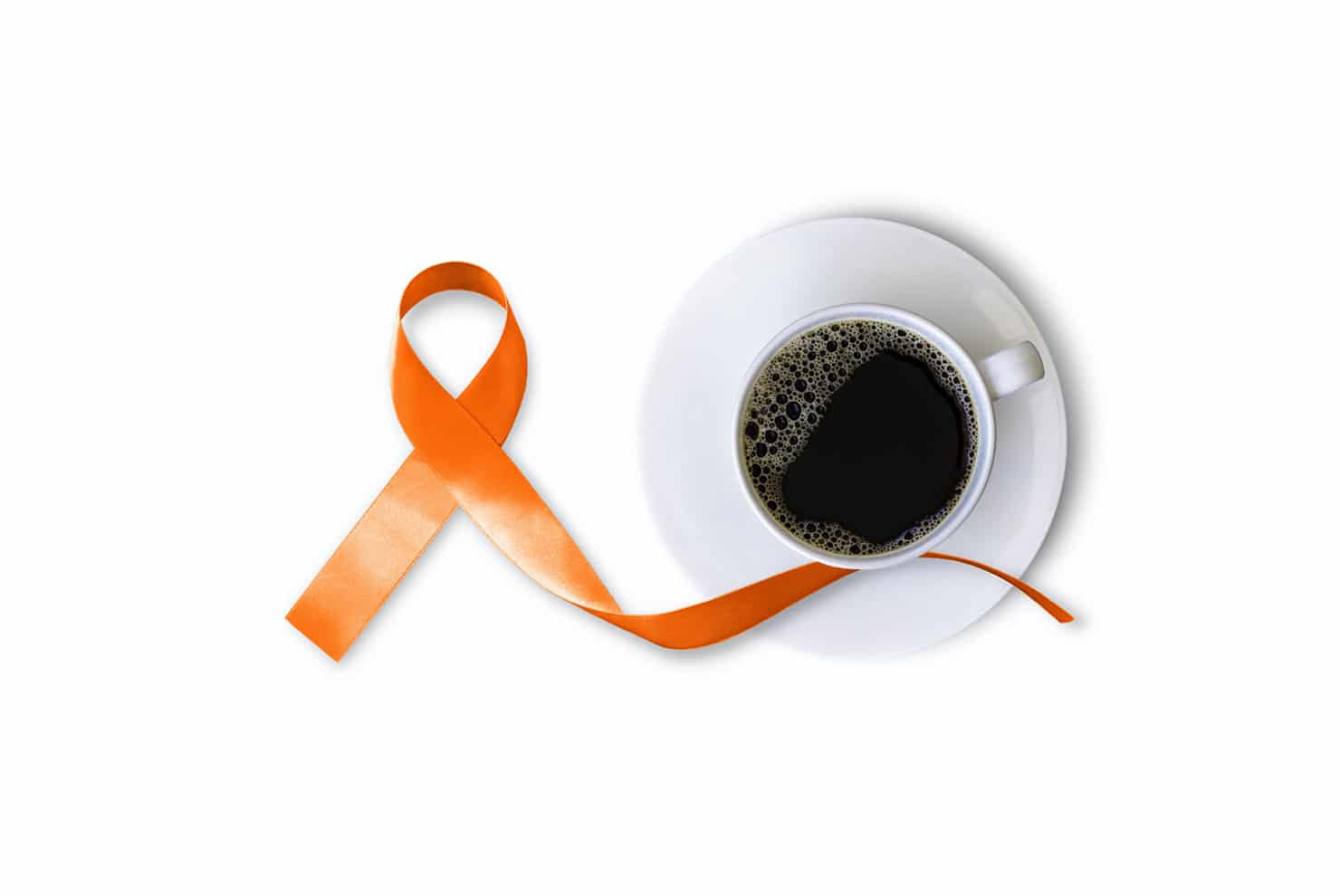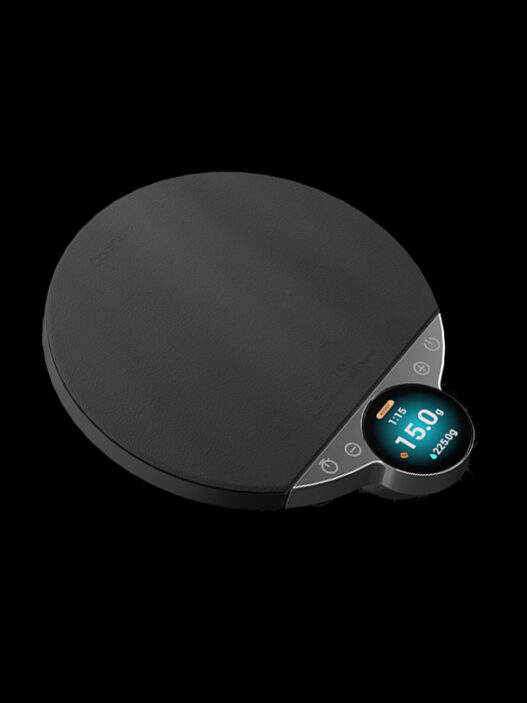
There’s a battle raging in the California court system right now over whether or not coffee should come with a cancer warning label. The suit, brought about by non-profit group the Council for Education and Research on Toxics, has been around since 2010 but resumed in the court on Monday. If successful, the lawsuit could cause substantial financial penalties to be levied against the 90 or so companies named.
According to CNBC, the entirety of the suit revolves around acrylamide, “a carcinogen found in cooked foods such as French fries that is also a natural byproduct of the coffee roasting process.” The article notes that the coffee industry acknowledge the existence of the chemical in coffee but states that it is harmless in the trace amounts present in coffee.
Named in the suit are companies as large as Starbucks all the way down to “mom-and-pop operations.” If the judge rules in favor of the non-profit, the defendants would have to post cancer warnings (in their California establishments) as well as pay civil fines up to “$2,500 per person exposed each day,” going back eight years “in a state with close to 40 million residents.” Which is to say, more money than God, though CNBC notes it is unlikely for the higher end of that figure to come to fruition.
The lawsuit is the result of California’s Safe Drinking Water and Toxic Enforcement Act, which allows “private citizens, advocacy groups and attorneys can sue on behalf of the state and collect a portion of civil penalties.” The same law was used by the non-profit in 2008, resulting in potato chip makers paying $3 million and agreeing to remove acrylamide from their products.
But according to CNBC, the Safe Drinking Water and Toxic Enforcement Act is complicated:
The defense argues that coffee falls under an exemption to the law whereby chemicals that naturally occur from “cooking necessary for palatability or to avoid microbiological contamination” don’t require any sort of warning.
So while the legal battle continues, let it be known that coffee contains some trace amount of acrylamide, a known carcinogen. And it always has. Act accordingly I guess.
Zac Cadwalader is the news editor at Sprudge Media Network.





